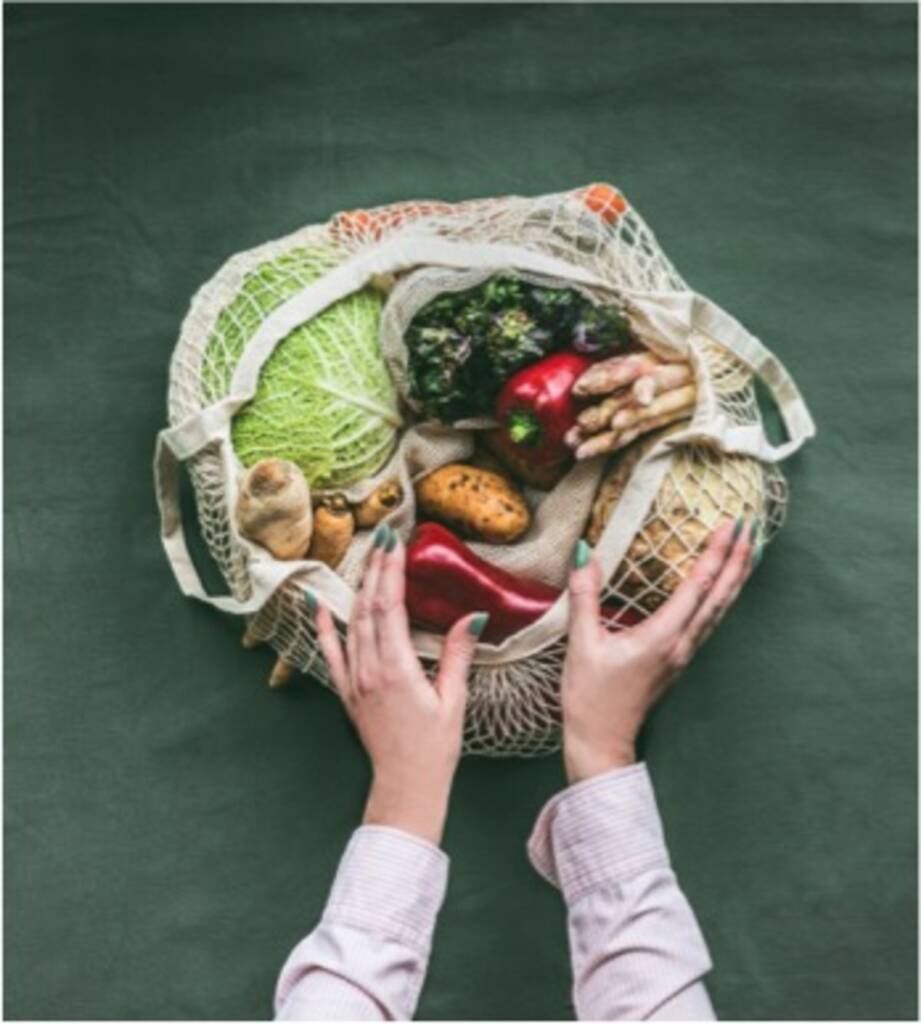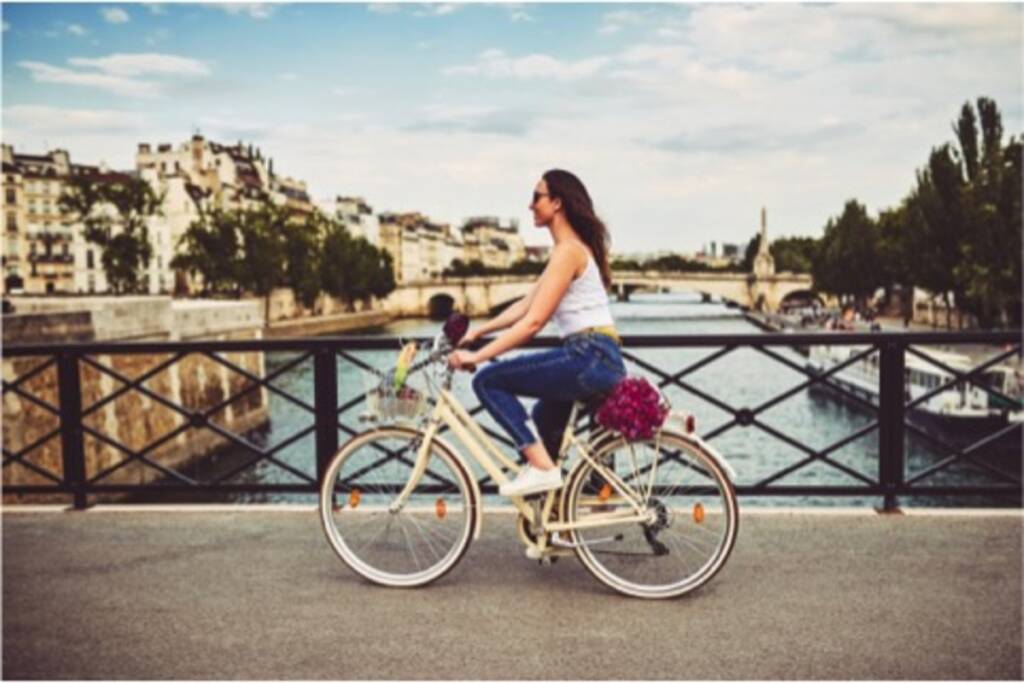Health
Sustainable lifestyle: small gestures that can really change the world

From food to energy consumption, from means of transport to the choice of products to buy, here are our tips on how to live sustainably.
Protecting the environment, respecting workers, defending a more equitable food and economic system, saving on bills. There are many reasons for adopting a sustainable lifestyle . And all extremely good. Whatever yours is, if you have decided to start trying to approach this world and you don’t know where to start, you are in the right place.
Here is a list of actions and behaviors to start making a difference and see how small gestures can really lead to huge changes.

What it means to adopt a sustainable lifestyle
Let’s start from the basics, that is, let’s start with the definition of a sustainable lifestyle. Sustainability can be defined as a socio-ecological process characterized by a state of affairs that can be maintained at a certain level indefinitely. This process can take place in a social, economic or environmental context. Embracing a sustainable lifestyle therefore means activating that process of change in which the exploitation of resources, the investment plan, the orientation of technological development are all in harmony and enhance the potential in order to meet needs and aspirations. of man. Put simply, it is a lifestyle in which each of us tries to reduce the use of resources to limit the ecological and socio-economic footprint that is left on the planet.
From the point of view of a society that is finally aware and sensitive to the environmental cause, it is essential that each individual insert a series of green habits into his daily life and correct, where necessary, incorrect and harmful behaviors.
Because, after all, small and simple daily gestures are enough.

Sustainable lifestyle in the kitchen
- Avoid food waste, by planning your shopping in accordance with the meals you intend to prepare, by frequently checking the expiry dates of the products and their state of maintenance, and with recipes that also allow you to use leftovers and “waste” .
- The secret to buying responsibly is to prefer local products , with essential and recyclable packaging. There are essentially two reasons why it is advisable to buy zero-kilometer foods and foods: the quality of the products and the sustainability due to the elimination of kilometer-long transport processes.
- Take smaller portions at home or share oversized dishes at a restaurant. If you don’t run out of what’s on your plate, it’s good to freeze it for later or recycle the leftovers as ingredients for another meal.
- Instead of throwing away the leftovers, compose them. Doing so reduces the carbon footprint and returns nutrients to the soil.
- Eat more legumes . Once a week it would be good to include a vegetarian menu.
- Eat more abundant fish species , such as mackerel or herring, rather than those that are in danger of being overfished, such as cod or tuna. Buy fish that has been sustainably caught or farmed, eco-labeled or certified.
- Donate food that would otherwise go to waste. There are apps, for example, that can connect neighbors with each other and with local businesses so that excess and healthy food can be shared rather than thrown away.
- When making coffee at home, go for the mocha or the refillable and reusable coffee capsules, or the compostable ones. When you buy coffee, make sure that it comes from a sustainable source , that workers have not been exploited for its production and that the natural environment has been respected.
- Use a metal water bottle, or otherwise a reusable bottle , when you go out. At home, drink water from the sink – if you need it in your community, or if you have a taste preference, install a special filter or use a filter jug.
- If you plan to eat outside, bring your own set of cutlery, thus avoiding having to resort to disposable ones. If possible, also bring a container for food, many restaurateurs are willing to deliver the take-away in reusable containers that the customer brings from home.
Buy in bulk, or in any case limiting the packaging as much as possible . This applies to both food and household products, soaps and detergents. When shopping, bring reusable bags, made of fabric, mesh, or sturdy plastic. There are also special ones for the purchase of loose fruit and vegetables.
Sustainable lifestyle by limiting energy consumption
- Remember to consume energy unnecessarily and disconnect electrical devices when they are not in use and above all turn off the lights in your home or office when they are not needed.
- Check the room temperature . Overheating the house is bad for your health and for your pockets: the legislation provides for a temperature of 20 degrees plus a tolerance of 2, but 19 degrees are more than enough to guarantee the necessary comfort. In addition, for each degree less, 5 to 10 per cent of fuel consumption is saved.
- Use LED bulbs instead of analog.
- Use hand devices rather than electrical devices, such as a dustpan and broom rather than a vacuum cleaner.
- Get your home checked up . Asking a technician to carry out an energy diagnosis of the building is the first step to take to assess the state of the thermal insulation of walls and windows and the efficiency of the air conditioning systems. The diagnosis will suggest the interventions to be carried out, evaluating the cost-benefit ratio.
- Use washing machines and dishwashers only when fully loaded .
- Save water. Turning off the tap while brushing your teeth or soaping your hands. By choosing to take a shower instead of using the tub and also by choosing “smart” flushes, those with two buttons.
Choose a sustainable lifestyle when traveling
- Bicycle or public transport , such as bus, is preferred over short distances. Try to avoid taking a car or plane when it is not necessary, especially on short distances, preferring the train instead.
- Even when it comes to going on vacation, you can start reviewing your way of traveling. Consider the idea of approaching a slower tourism , which goes to discover the landscapes, cities, cultures and local traditions without damaging any of them.

Riproduzione riservata © - WT











